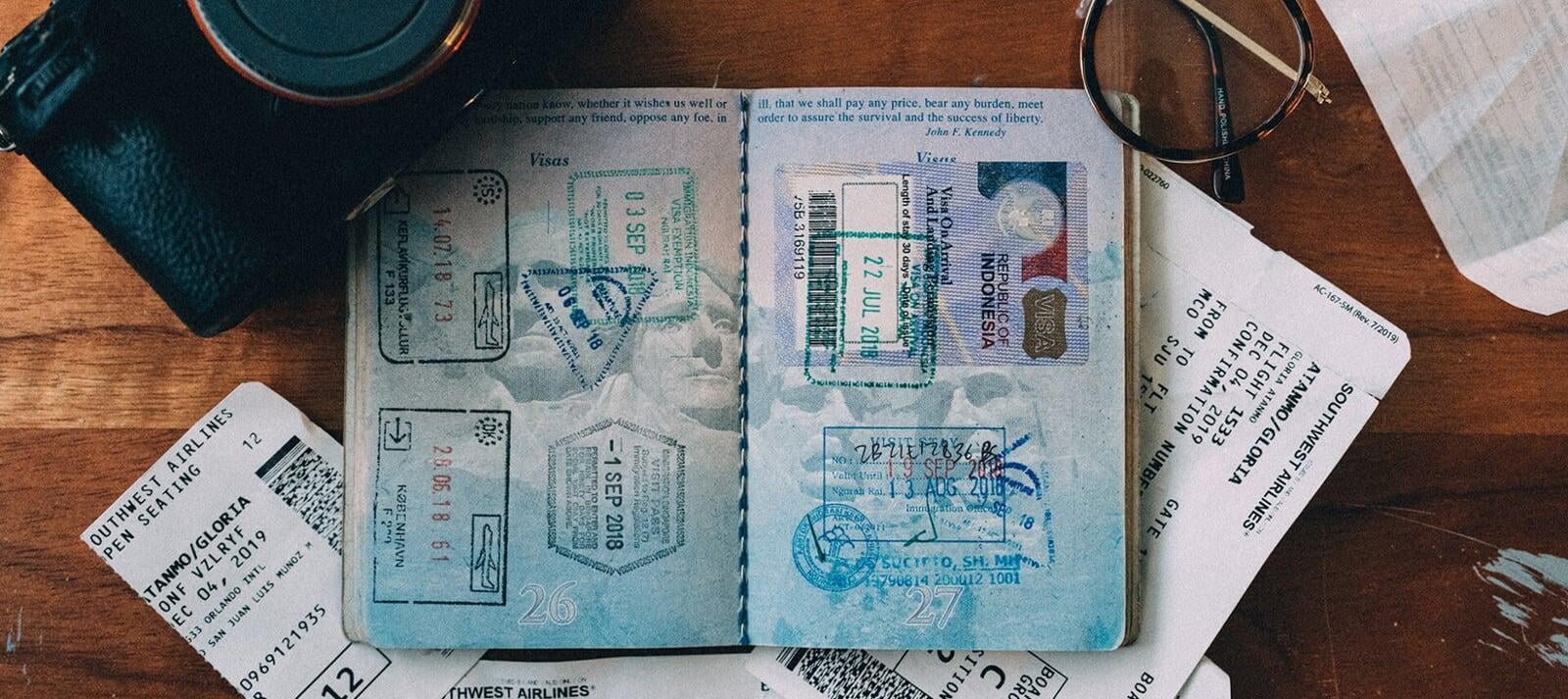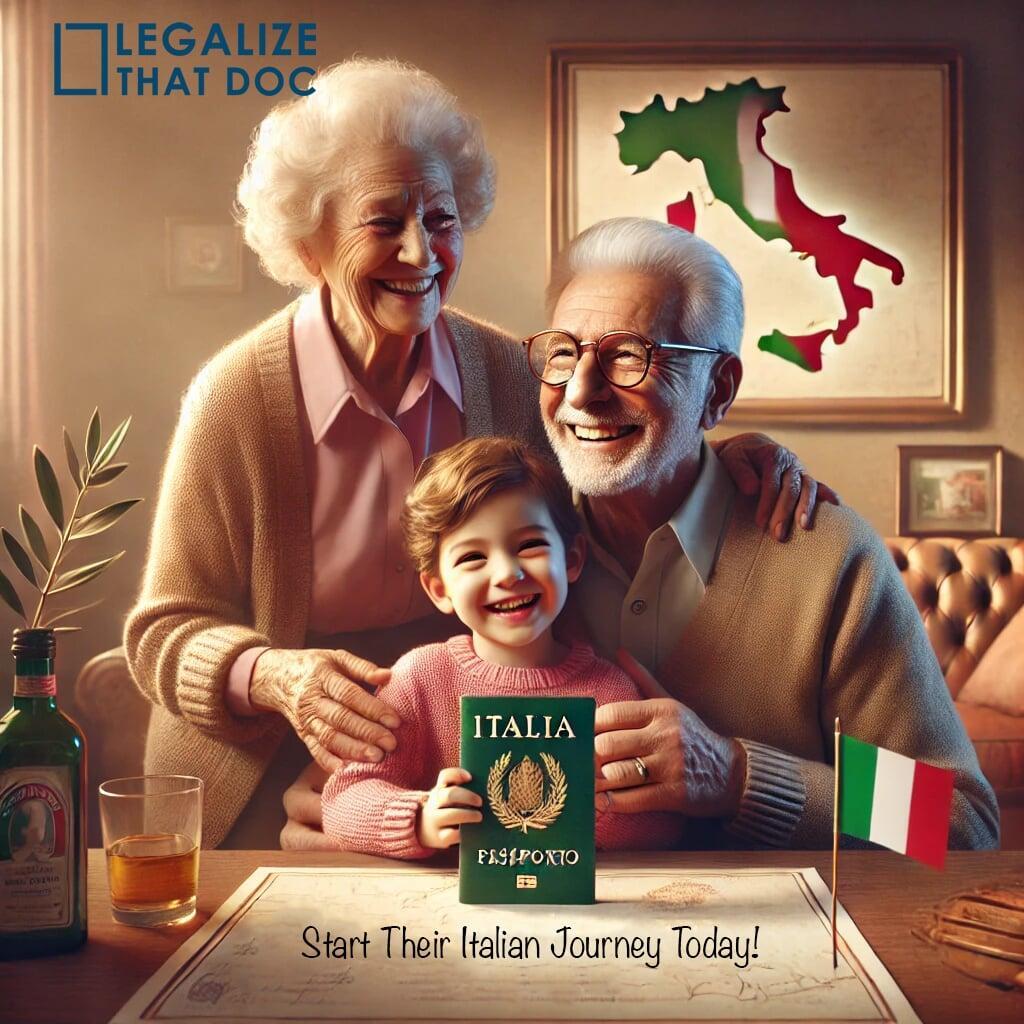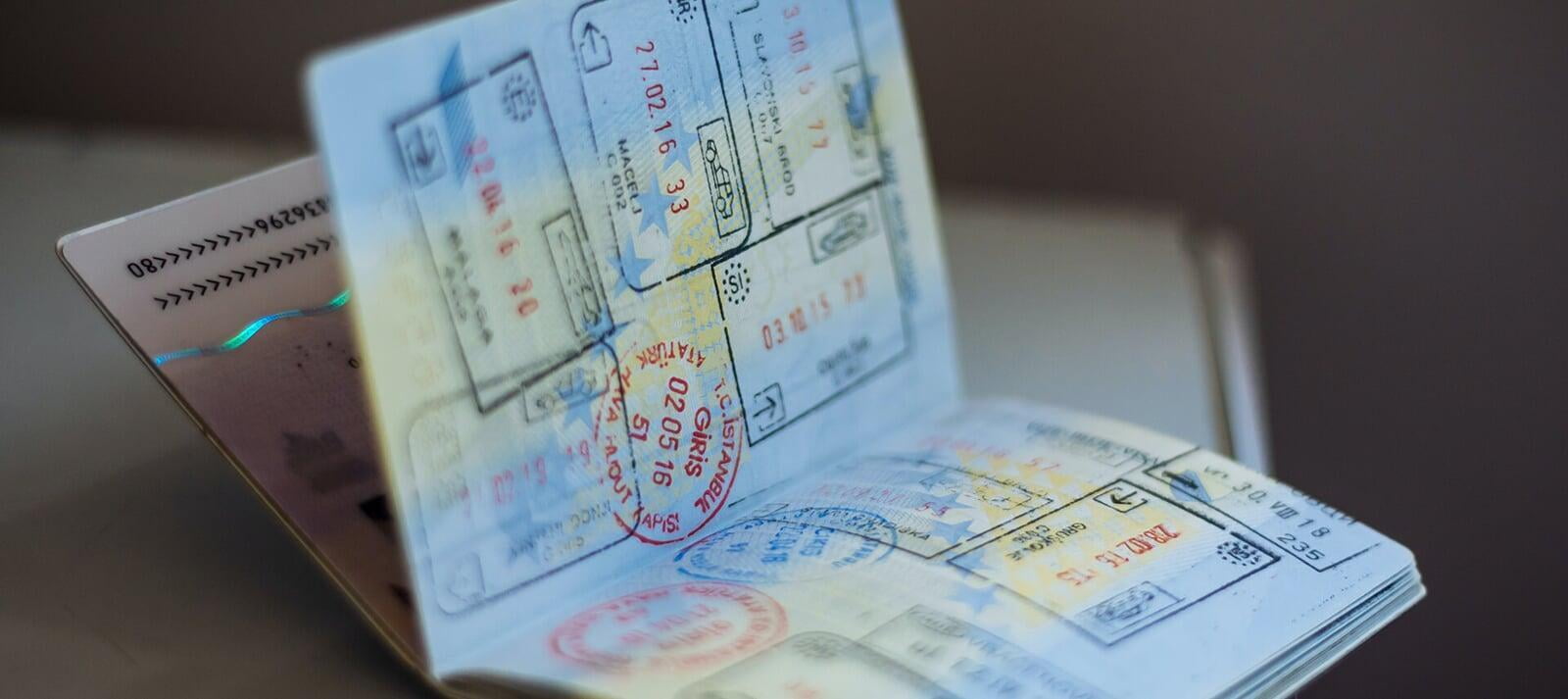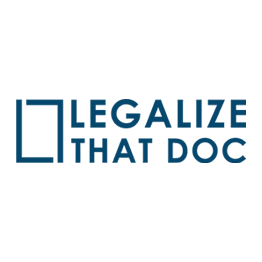Why Americans and Canadians are seeking second Passports
In recent years, the allure of obtaining a second passport has gained momentum among North Americans, driven by factors ranging from political and social uncertainties to a desire for greater global mobility and security. For Canadians and Americans alike, a second passport represents not only freedom of movement but also a potential lifeline amidst an unpredictable world.

Why Consider a Second Passport?
The global landscape is shifting, and many individuals are seeking alternative residency or citizenship options for peace of mind, financial opportunities, and a broader horizon. A second passport provides:
Security:
A reliable "Plan B" that ensures freedom and stability regardless of circumstances in one's home country
Mobility:
Visa-free access to a broader range of countries, especially for those who become citizens of the European Union or Caribbean nations with extensive travel privileges.Financial and Tax Advantages: Depending on the country, a second citizenship may offer favorable tax structures or greater investment opportunities.
Lifestyle Benefits: A chance to embrace new cultures, climates and lifestyles in locations that may align better with personal values or long-term goals.

How can you get a second passport?
2. Residency
Challenges to Consider

Second Passports vs. Long-Term Visas
While temporary visas, such as digital nomad or long-stay visas, offer flexibility for remote workers or travelers, they lack the permanence and security of a second passport. For many, a visa is a short-term solution, while a second passport represents long-term peace of mind.
The Rising Appeal of Relocation
Amid global uncertainties, the idea of relocating abroad is becoming more common. Many Canadians and Americans are exploring destinations known for political stability, quality of life, and welcoming immigration policies, such as Portugal, Spain, and Costa Rica. While these moves often require significant research, planning, and investment, they open doors to a life less constrained by the challenges of their home countries.




